First, some three youths were arrested in Gunjur a fortnight ago and then charged with bogus offences for standing up to the obnoxious Golden Lead factory in their community. For many days now, scores of youths in Faraba have also been arrested and detained and then bailed for their determined stance against industrial sand mining in their community. Now there is news that Amadou Scattered Janneh and many more youths have also been charged with the same bogus charges for uprooting Golden Lead pipes clandestinely buried under the beach to dump waste in the ocean. These actions by the Police are utterly unacceptable and unhelpful.
It must be noted that until the change that Gambians registered in December 2016, several individuals, families and communities had their lands taken away from them by the Despot Yaya Jammeh with impunity. That regime had also given licenses to many extractive industries to mine and farm in the Gambia against the interest of the host communities. We can all recall Carnegie Minerals in Sanyang as well as clandestine mining in URR, not to mention Golden Lead itself which came to Gunjur during the period of the dictatorship. The continued festering of Bakoteh Dumpsite and the threats against Monkey Park must also not be forgotten.
Since taking over, the new Government is expected to review all of these companies and their activities to ensure that community interests are protected first and foremost by ensuring that these companies do not engage in unethical practices and that the environment is protected to guarantee the survival of present and future generations. Until Golden Lead came to the Gambia, this country has never witnessed large amounts of fish being dumped on the beach including dolphins being swept ashore. Therefore any reasonable person should be concerned that such occurrences are taking place now.
The environment and the resources and means it provides for human beings to live and earn a source of living are an integral part of economic, social and cultural rights. These rights are guaranteed by the Gambia Constitution in Chapter 20 under Sections 215, 216 and 218 as Directive Principles of State Policy. Furthermore international law has guaranteed these rights in the International Covenant on Economic, Social and Cultural Rights that the Gambia had ratified since 1978. Therefore the Gambia Government has obligation under national and international law to protect the economic, social and cultural rights of citizens.
The situation in Gunjur and Faraba as well as the Bakoteh Dumpsite or the case of Kololi including the proliferation of housing estates where lands and natural resources of communities are taken away for private benefit is a major cause of concern. Most of these cases find their roots in the APRC Dictatorship. Hence Pres. Barrow must not remain silent and ignore these happenings. We must not take these cases as a mere law enforcement issue and therefore the police can handle them.
Pres. Barrow must be told that these economic, social and environmental issues are in fact in the heart of the peace and stability of this country and our failure to address them urgently and constructively could potentially destabilize the country.
Human rights experts and development thinkers have noted that economic, social and cultural rights including the environment concern the basic social and economic conditions needed to live a life of dignity and freedom. It is these rights that provide and ensure durable livelihoods, social security, health, education, food, water, healthy environment and practice and survival of culture. Social, economic and cultural rights are based on the fact that human dignity would be compromised if these rights are not fulfilled. Therefore international law requires that governments take full steps in ensuring that their citizens have adequate conditions to live a meaningful life.
What we are therefore seeing in these communities is a direct threat to the present and future abilities of these communities to live decent and healthy lives as well as obtain a decent and unfettered source of livelihood because of the activities of these private businesses. It has been recognised that the disregard and contempt of human rights have been one of the major, if not the leading factor that compels human beings, to have recourse, as a last resort, to rebellion.
The happenings in Gunjur and Faraba are not a police matter. Subjecting community members to arrest, detention and trumped up charges will only delay but will not and cannot prevent an eventual uprising by the rest of these communities so long as private businesses continue to unduly benefit from the natural resources of those communities. These actions by the police will only threaten the peace and stability of the community and the Gambia as a whole eventually.
The solution to this matter is therefore a political one where the president must take the lead. Pres. Barrow must summon all the necessary public agencies as well as all of the affected communities to engage in a dialogue to find a lasting solution. These communities have a genuine concern that needs the full attention of the Head of State. The youths and other members of the community engaged in this matter are not foolish men and women without any purpose in life. Hence the Government must not take the matter as a criminal affair by some irate folks.
The incidence of private companies, local or foreign, exploiting natural resources in communities to the detriment of the people is an factual reality all over Africa. The reason there is war in the Niger Delta of Nigeria is the same reason why folks in Gunjur and Faraba are standing up. It is the same reason that communities in several African countries are also engaged in all forms of violence in response to the operations of companies while their governments remain indifferent. In most cases the government is indifferent because these companies bribe public officials.
Pres. Barrow must be told that he was elected for a purpose which is to correct the wrongs of the past and usher in a new democratic dispensation in the country. His government had passed a transitional justice law and has started the process of setting up a truth commission. The fact that these steps were taken is a recognition that many wrongs were committed against individuals and communities in this country by the former government particularly in the area of economic, social, cultural and environmental rights. Hence when some of those wrongs now manifest as social, economic and environmental issues, what is expected is for the Government to take urgent steps to deal with them politically and not through law enforcement.
If the police have to involve it must only be to restrain community members where violence is likely to erupt and maintain law and order. But the police must not go further to arrest, detain and charge citizens for a matter that is a political issue primarily and not a criminal matter. The folks involved in these cases are not clandestine but open and visible. They are not armed and they have not been releasing violent statements. Hence this matter is not a criminal matter. It is a political issue that requires a political solution for which the intervention of the president and all of the political resources of the State and society are necessary, i.e. including the National Assembly, Area Councils, governors, religious and traditional authorities, community elders as well as youth leaders.
Drop all Charges. Free the Youths of Gunjur and Faraba. For the Gambia, Our Homeland.


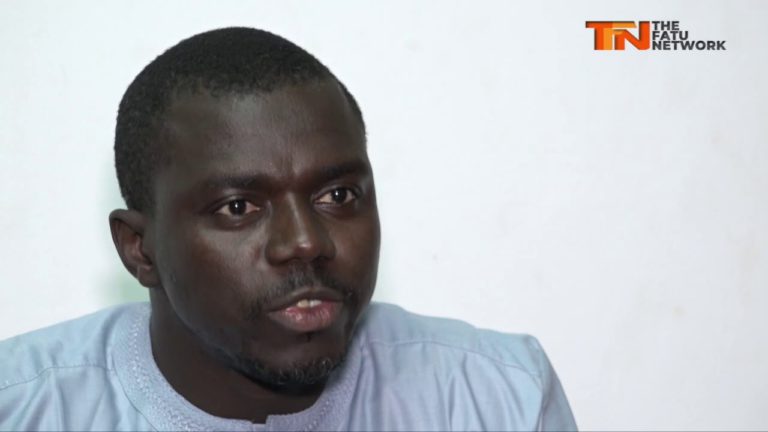
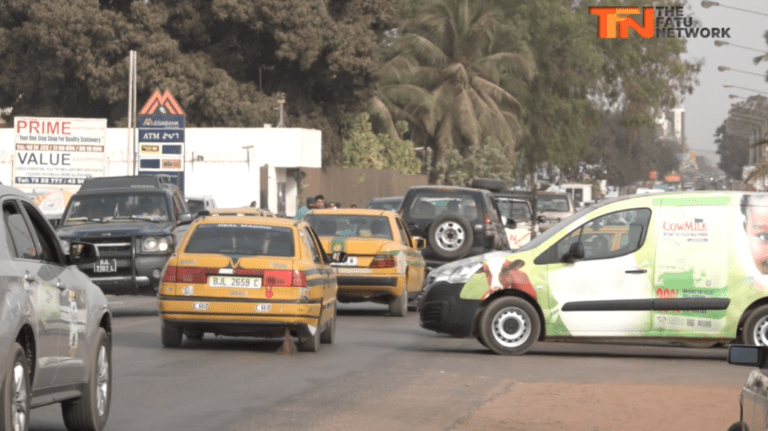
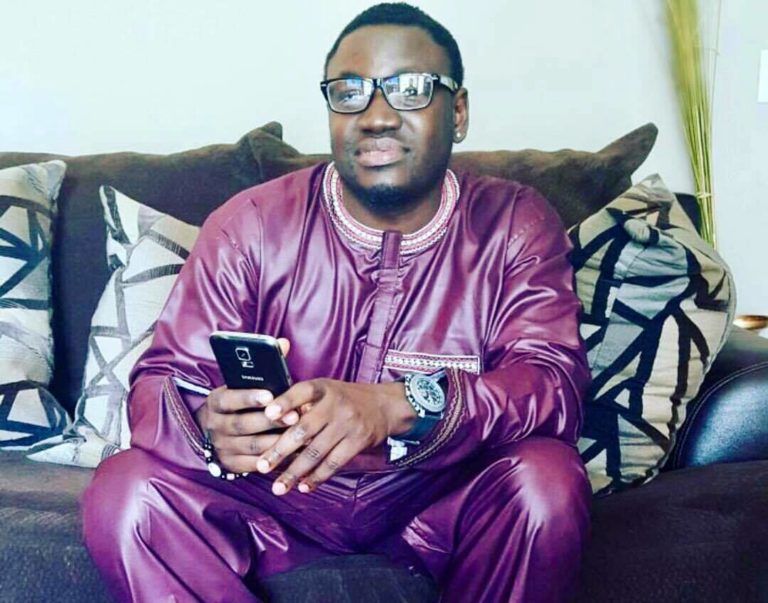
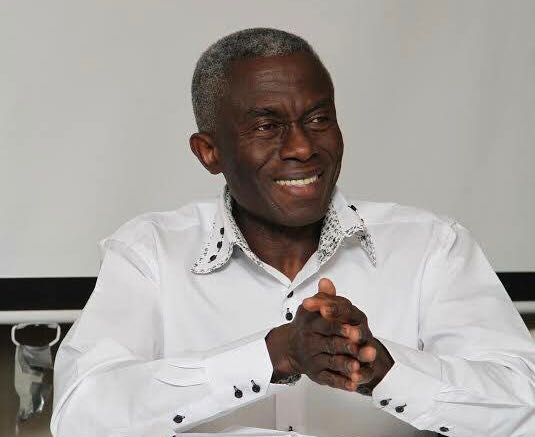
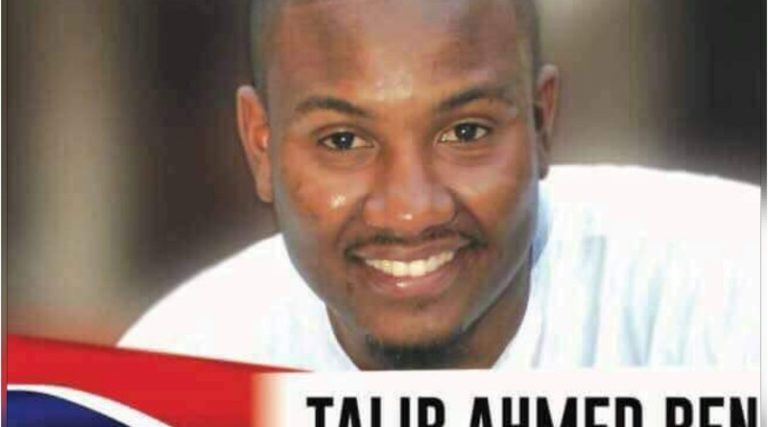
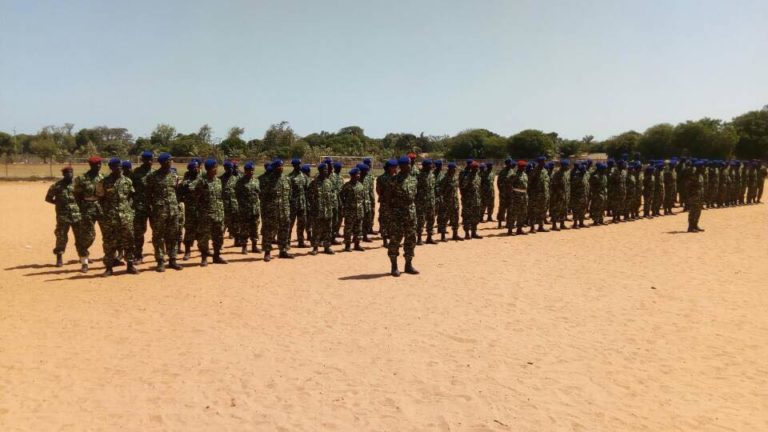
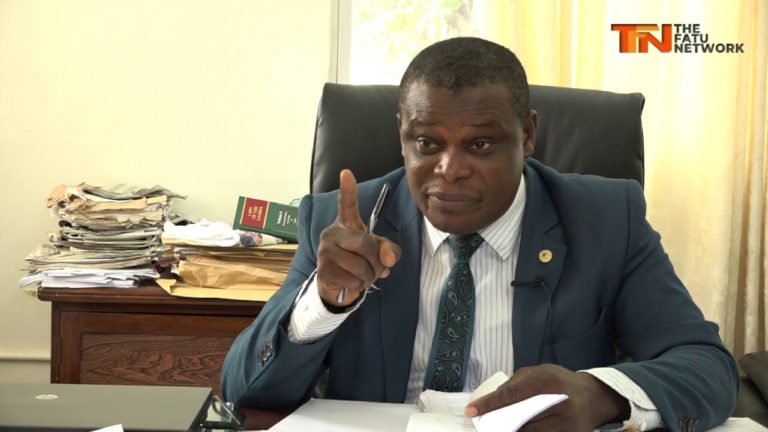
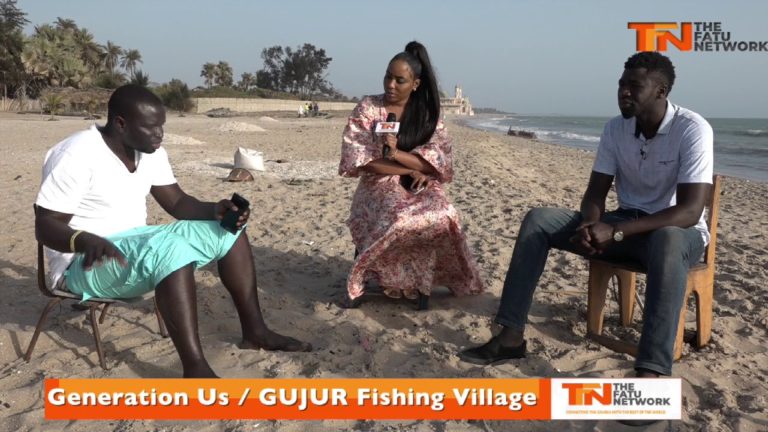

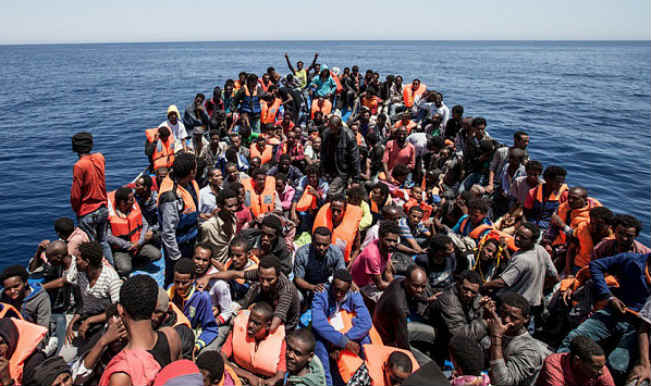
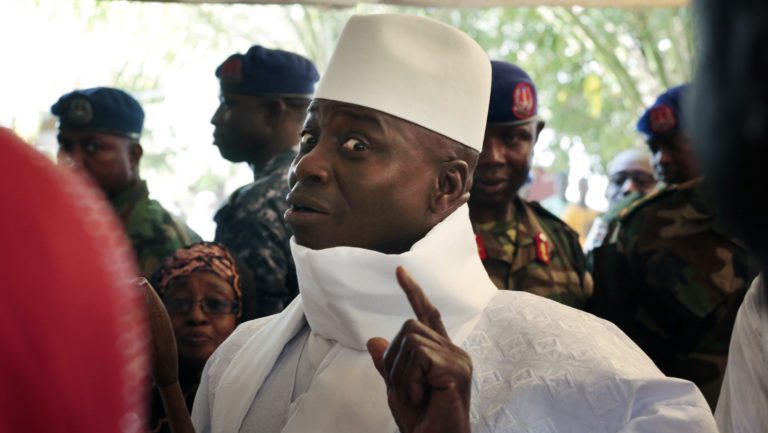
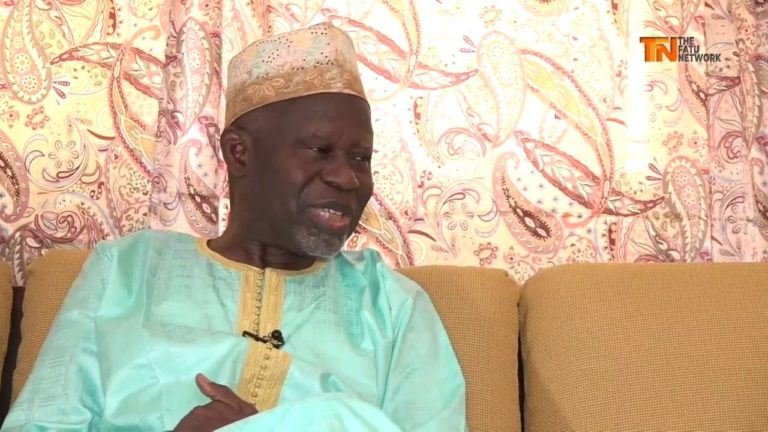
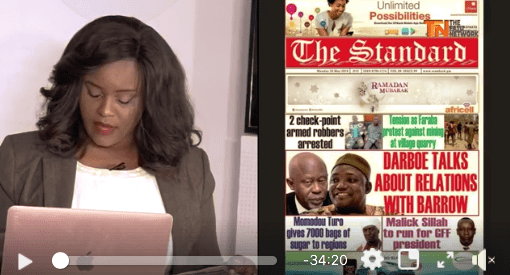
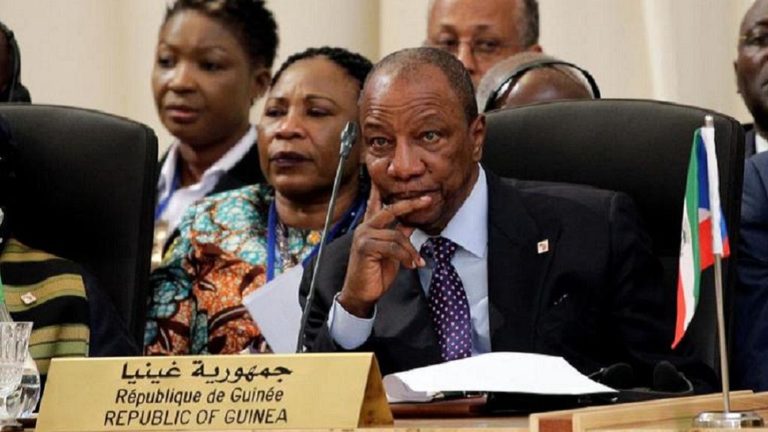
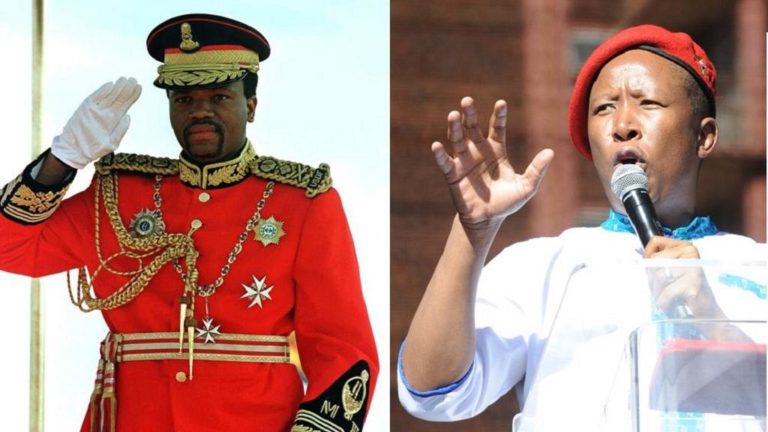
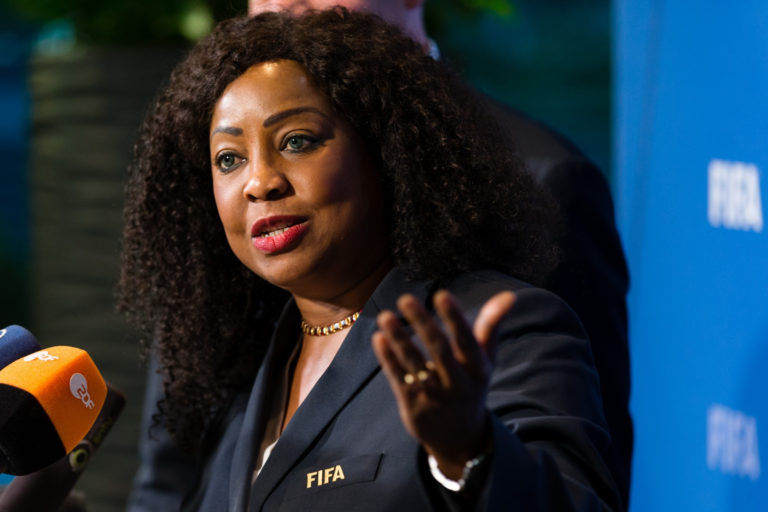
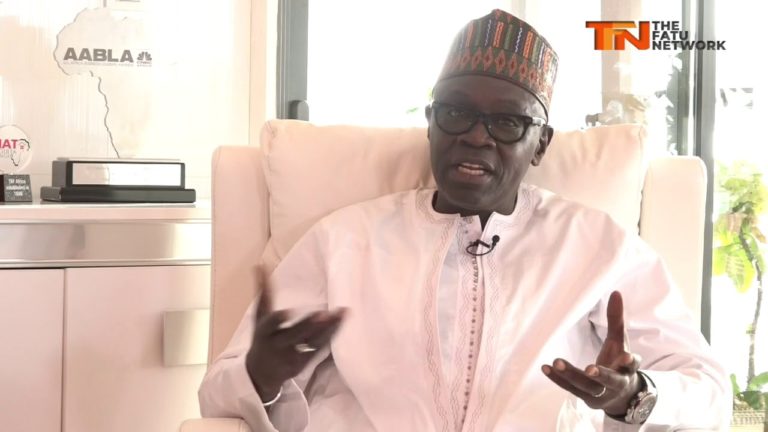
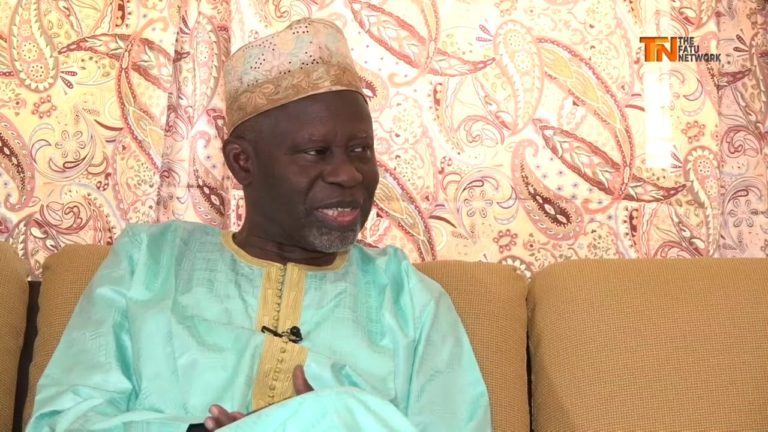
Legal Action Filed Against Gambian Ex-Dictator
Fatou Jatta, Ousman Sowe, and Lamin “Moko” Ceesay are suing the former Gambian president. They are seeking financial damages for harm suffered and a declaration from the High Court that their human rights were violated.
The civil action, which marks the first time Yahya Jammeh is being sued in the Gambian courts for abuses he committed while he led the country, is supported by the international advocacy organization AIDS-Free World in partnership with the Gambian-based Institute for Human Rights and Development in Africa (IHRDA). Combeh Gaye of the Gambian law firm Antouman A.B. Gaye & Co. is representing the three claimants.
In 2007, after announcing that he could cure AIDS with a secret herbal concoction, Jammeh conscripted Gambians living with HIV to reside in a state facility under the surveillance of armed guards and to submit to a “treatment” regimen. Many Gambians who entered Jammeh’s programme were members of HIV and AIDS support groups.
Jammeh ordered his “patients” to cease taking antiretroviral drugs, an action that posed grave threats to their health. Instead, he had them drink herbal concoctions that often made them violently ill. He also slathered his concoctions on the patients’ partially nude bodies while chanting prayers. Select sessions were broadcast on Gambian television without the consent of the victims, some of whom hadn’t yet informed friends or family of their HIV status.
Jammeh has no medical training. International health experts roundly condemned his “cure” as quackery.
The program ran from 2007 until 2016, when Jammeh lost a national election. After initially contesting the results of the election, Jammeh fled the country in January 2017. He is now living in exile in Equatorial Guinea.
According to a Gambian newspaper report from January 2016, the director of Jammeh’s treatment programme claimed that “over nine thousand patients” had been treated by the Gambian president, “the majority of whom … were HIV patients.” In April 2018, the same official, Dr. Tamsir Mbowe, vastly revised the figure during his testimony before a commission of inquiry examining his role in the “cure,” claiming just 311 HIV and AIDS patients were treated from 2007 through 2012. The precise number of deaths as a consequence of Jammeh’s criminal mistreatment remains difficult to determine.
“I believe it is my responsibility to hold Jammeh to account,” said Ousman Sowe, who is a former university lecturer. “I knew that one day the real story would be told.”
“My experience in the presidential treatment programme was a horror,” said Fatou Jatta, who was a member of the Santa Yalla Support Society when she was brought into Jammeh’s program. “I could have lost my life.”
Lamin Ceesay was the first person in The Gambia to publicly reveal his HIV status. As such, he feels it is his duty to set the record straight on Jammeh’s negligence. “Jammeh must pay for what he has done to us,” he said.
The Institute for Human Rights and Development in Africa noted the historic nature of the filing. “This case will advance human rights protection in the Gambia, particularly with respect to people living with HIV, who are highly stigmatized and marginalized,” said Oludayo Fagbemi, Legal Officer with IHRDA. “We are happy to be supporting the claimants in this case.”
Combeh Gaye, the Banjul-based attorney who is representing the three claimants in the proceedings, said, “The claimants have suffered enough. We are confident that the court will find that Jammeh has caused them undue harm and will reward them appropriately.”
AIDS-Free World’s Legal Research and Policy Associate, Sarah Bosha, called Jammeh’s brutal hoax the most egregious premeditated assault on people living with HIV and AIDS in the history of the global AIDS crisis. “There is no cure for AIDS. When an individual of great power claimed otherwise, human health was jeopardized, lives were cut short, and a deadly epidemic was prolonged—all in the service of the insatiable ego of Yahya Jammeh, one of the great villains of modern times.”
Saramba Kandeh, AIDS-Free World’s Legal and Gender Associate, hopes that Jammeh’s life story will end with a powerful warning. “We believe this legal action will be a signal to the world that regardless of how rich or powerful they may be, malicious leaders who violate human rights can and will be held accountable,” she said.
Since March 2017, AIDS-Free World, IHRDA, and attorney Combeh Gaye have been working together to help survivors of Jammeh’s fraudulent “cure” pursue justice.